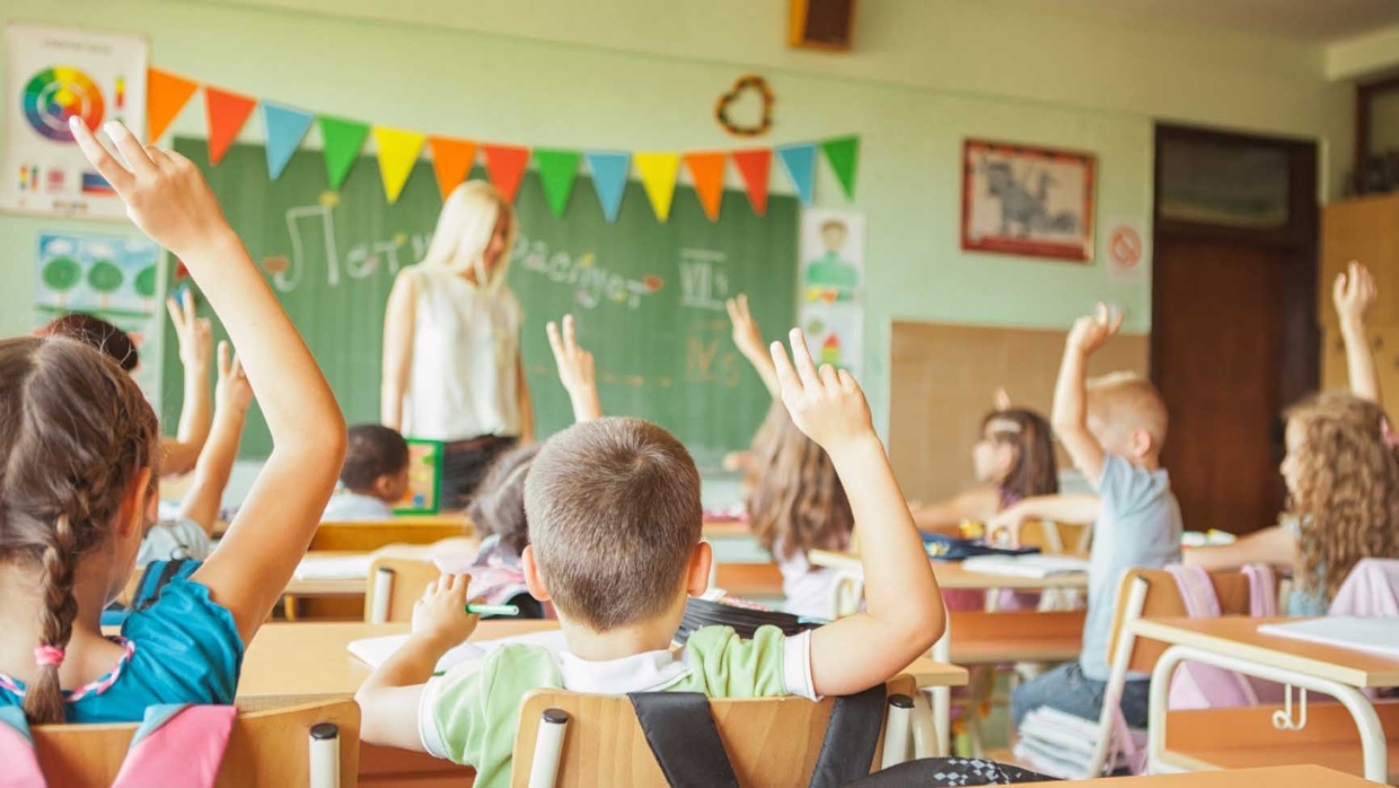Personalized Primary Science Tuition Singapore to Cater to Your Child’s Needs
Wiki Article
Discovering the Different Teaching Approaches in Main Science Education And Learning Today
Inquiry-based learning, hands-on experiments, and the assimilation of innovation are redefining just how educators engage young minds. Additionally, collective techniques and differentiated direction are being utilized to cater to the diverse demands of students, enhancing both engagement and understanding.Inquiry-Based Knowing
Inquiry-Based Understanding (IBL) is an instructional technique that motivates students to check out scientific concepts via questioning, investigation, and hands-on experimentation. This technique emphasizes the duty of trainees as active individuals in their knowing, promoting important thinking and problem-solving skills. By engaging with real-world questions, students become interested and inspired, which improves their understanding of scientific concepts.In IBL, educators work as facilitators, assisting trainees as they navigate their inquiries instead of delivering info directly. This student-centered method permits distinction, suiting different discovering designs and speeds. Trainees develop skills in creating theories, designing experiments, and evaluating data, which are important for clinical literacy.
In addition, IBL fosters collaboration amongst pupils, urging them to share findings and concepts. This collective inquiry promotes social skills and a sense of area within the class. Furthermore, the procedure of inquiry urges durability, as students learn to embrace failing as a stepping rock towards understanding.
Hands-On Experiments
Hands-on experiments are an essential element of efficient scientific research education, enhancing the principles of inquiry-based learning. These experiments allow students to engage directly with clinical concepts, fostering a much deeper understanding with experiential knowing. By adjusting products and observing results, young students can grasp abstract theories in concrete methods.Such tasks promote critical thinking and analytical skills, as pupils assume end results, conduct experiments, and analyze results. This procedure encourages them to ask concerns, refine their understanding, and develop a scientific attitude. Moreover, hands-on experiments can be customized to varied knowing designs, ensuring that all students have the chance to engage meaningfully with the material.
Moreover, hands-on experiments typically urge collaboration amongst peers, advertising synergy and communication abilities. Operating in groups allows pupils to share ideas, go over searchings for, and learn from each other, which enhances their overall instructional experience.
Including hands-on experiments right into the key scientific research educational program not only enhances the discovering setting but additionally grows a lifelong rate of interest in scientific research. By proactively joining their education and learning, pupils are extra likely to establish an enthusiasm for scientific questions that extends beyond the classroom.

Technology Integration
Integrating innovation right into main science education and learning has become significantly essential in fostering pupil involvement and improving discovering outcomes. The usage of digital tools, such as interactive simulations, digital labs, and educational software application, provides trainees with chances to discover scientific principles in innovative means. These resources help with a much deeper understanding of complex subjects by permitting students to picture and manipulate variables that would be not practical in a traditional classroom setup.In addition, technology integration urges personalized discovering experiences. Students can proceed at their own pace, revisiting difficult ideas through multimedia resources, which accommodate different understanding designs. This versatility not only supports specific growth however also cultivates a sense of autonomy in students.
Additionally, innovation offers as a bridge to real-world scientific research, attaching students with current research and professional contributions. Accessibility to on-line data sources and clinical journals widens pupils' viewpoints on scientific inquiry and promotes essential thinking abilities.
Collaborative Knowing
Collaborative understanding plays an important role in key scientific research education by fostering synergy and interaction abilities among trainees. This approach urges students to function with each other, share expertise, and participate in problem-solving, this which boosts their understanding of scientific concepts. By taking part in team activities, trainees learn to articulate their concepts, listen to varied perspectives, and work out options, every one of which are crucial abilities in both scholastic and real-world contexts.
Research study suggests that collaborative discovering can bring about enhanced motivation and engagement in scientific research subjects, as trainees find enjoyment in common experiences (primary science tuition Singapore). Additionally, this approach prepares pupils for future joint endeavors, outfitting them with the skills needed for effective synergy in college and professional settings. Ultimately, embracing collective knowing in main science education can substantially enhance the learning experience and advertise a much deeper understanding of scientific inquiry
Distinguished Guideline

Separated instruction can manifest in different methods, such as differing the content, procedures, or items of knowing. As an example, educators may make use of tiered tasks that supply differing degrees of complexity, permitting trainees to work at their corresponding preparedness levels. Additionally, adaptable grouping strategies can assist in collaboration among trainees with various capacities, cultivating peer learning.
Assessment plays a critical role in this approach, as it informs direction and helps educators understand each student's distinct requirements. Developmental analyses, such as tests and monitorings, can direct educators in readjusting their techniques to improve discovering results. primary science tuition Singapore. Inevitably, by implementing differentiated instruction in primary scientific research education and learning, instructors can cultivate an extra equitable and reliable discovering setting, empowering all trainees to reach their complete capacity in understanding clinical sensations
Conclusion
In recap, the diverse teaching methods in main scientific research education and click to investigate learning, consisting of inquiry-based discovering, hands-on experiments, technology combination, collaborative learning, and separated guideline, collectively add you could try here to an extra reliable understanding environment. These techniques advertise essential thinking, analytic skills, and a much deeper comprehension of scientific principles. By carrying out these strategies, educators can develop encouraging and appealing class that attend to the diverse requirements of trainees, ultimately fostering a long-lasting passion in science and improving academic success.Inquiry-Based Understanding (IBL) is a pedagogical method that urges trainees to discover clinical concepts with questioning, investigation, and hands-on testing.Collective learning plays a crucial function in main science education and learning by fostering synergy and communication skills amongst students.Research study suggests that joint understanding can lead to enhanced inspiration and involvement in scientific research subjects, as pupils discover satisfaction in shared experiences.In promoting a comprehensive learning environment, distinguished guideline arises as a key strategy to accommodate the varied requirements and abilities of pupils in main scientific research education. Eventually, by executing separated direction in key science education, teachers can cultivate an extra fair and efficient discovering environment, encouraging all trainees to reach their full possibility in recognizing scientific phenomena.
Report this wiki page